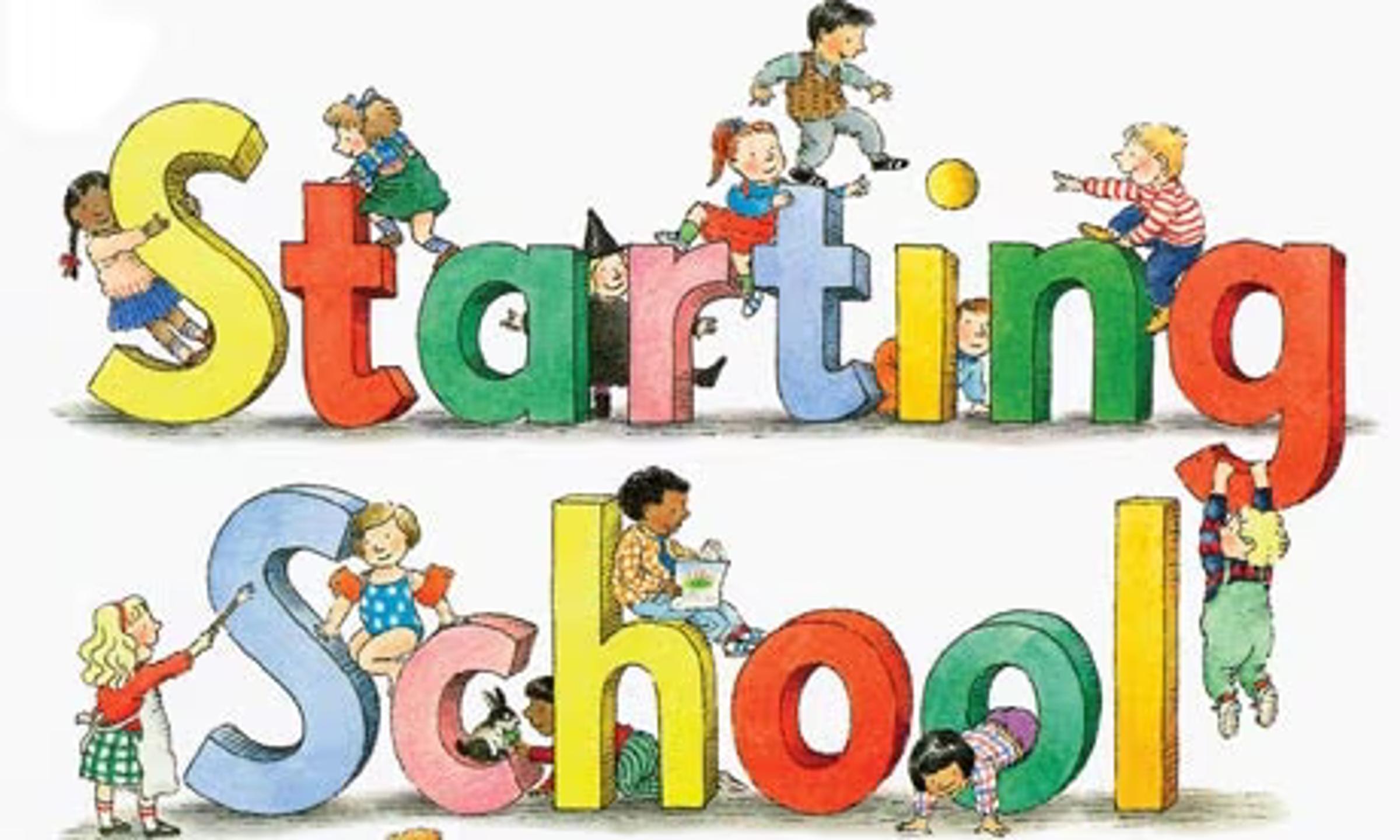Attendance

Managing feelings about starting primary school
Starting primary school can be a big change for your child, and they might feel anxious as well as excited. Letting your child know that you think they’ll go well at school can help them feel positive.
Here are ideas for managing mixed feelings:
- Try to organise playdates with other children before the first day of school. It can help if your child knows another child going to the same school before school starts.
- Give your child plenty of love and support. Be excited and enthusiastic about your child starting school. This sends your child the positive message that school is exciting and that they’ll cope and have fun.
- If the topic of school comes up during everyday activities with your child, use this as an opportunity to start a conversation. But follow your child’s lead – too much talk about school might make your child feel more anxious.
- Let your child know how their daily routine will change – for example, what time they’ll have to get up in the morning, how they’ll get to and from school, and what they’ll have in their lunch box.
Read a children’s book about starting school with your child. Reading books about school can help you talk with your child about their feelings. You could try Starting school by Janet and Allen Ahlberg or Starting school by Jane Godwin and Anna Walker.
- Try to send your child off to school with a happy, confident goodbye – and plan something nice for yourself too, like coffee with a friend. Even if you’re feeling sad or worried, it can help to keep these feelings from your child.
Starting primary school: the early weeks
Here are things you can do to help the first few weeks at primary school go smoothly.
School drop-offs and pick-ups
- Try to drop off your child at school before the bell goes in the morning. When your child isn’t rushed in the morning, it’s easier for them to settle into the school day.
- If your child is worried about being separated from you, look for ways to distract your child at school drop-off. For example, you could try meeting a friend at the gate or walking to school with another child and parent.
- Try to pick up your child on time at a regular meeting spot. This can help your child feel secure. And if you’re early for pick-up, it gives you the chance to meet other parents and makes organising playdates easier.
At school
- Try not to expect too much academic progress too soon. If your child is happy and seems to be enjoying school, that’s a real achievement. The rest will come later.
- Remember that it’s common for children to play with many different children and to play on their own sometimes. It can take a while before they settle into a group of friends.
After school
- Make after-school time a bit special, with a snack and time for you and your child to chat.
- Be patient if your child tells you every detail about school or clams up completely. You could try saying something like, ‘Tell me one good thing about your day’, rather than asking a lot of questions.
- Be flexible with snacks and meals. Your child will probably be very hungry after school. If you give your child a small, healthy snack straight after school, it’ll help to keep them going until dinner.
- If your child is tired after school, let your child rest and play at home for a few weeks until they’re ready for playdates and after-school activities.
- Check your child’s bag for school notes, forms and information. Many schools also have online noticeboards, an intranet, Facebook pages or apps with newsletters and information about events, excursions and other school activities.
